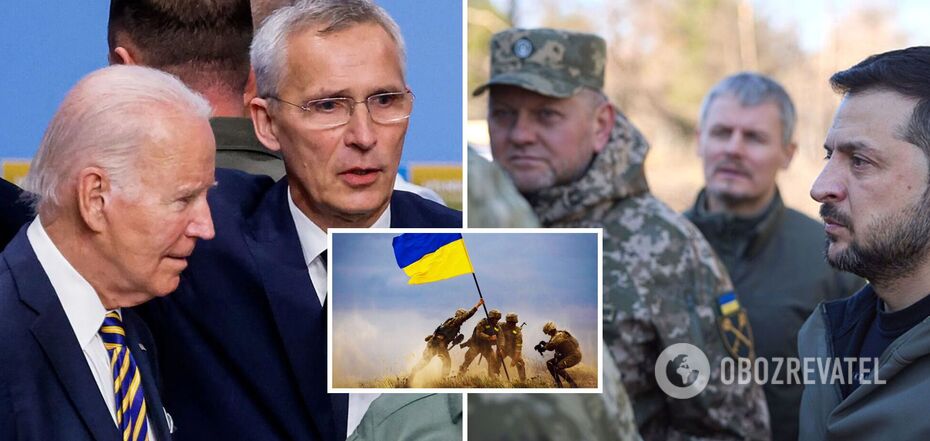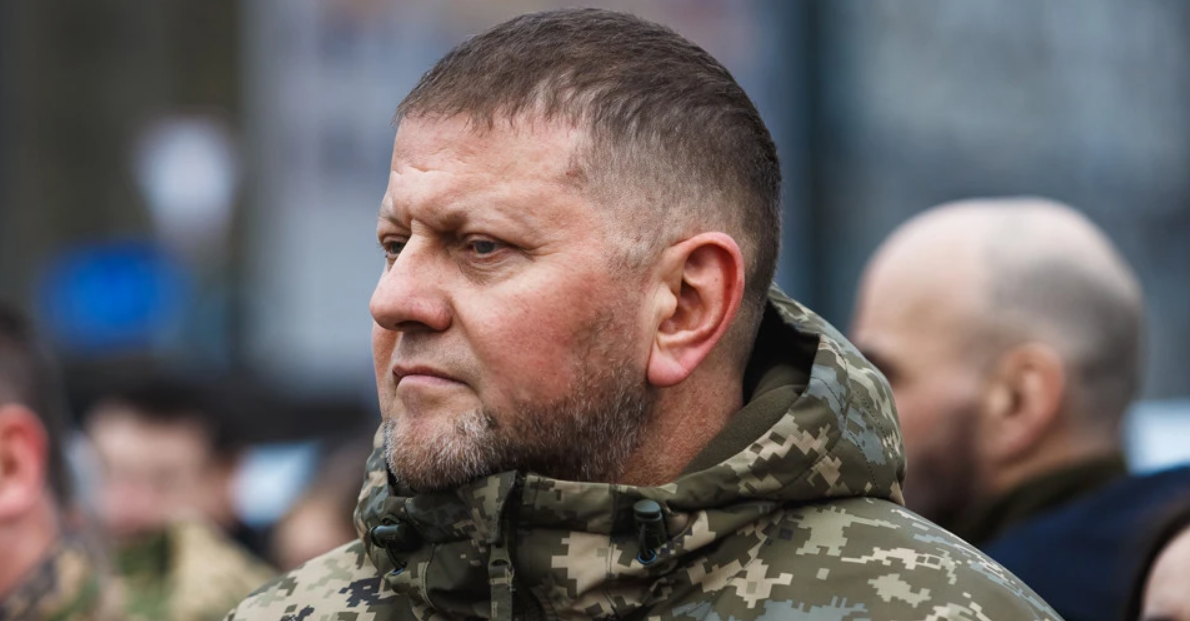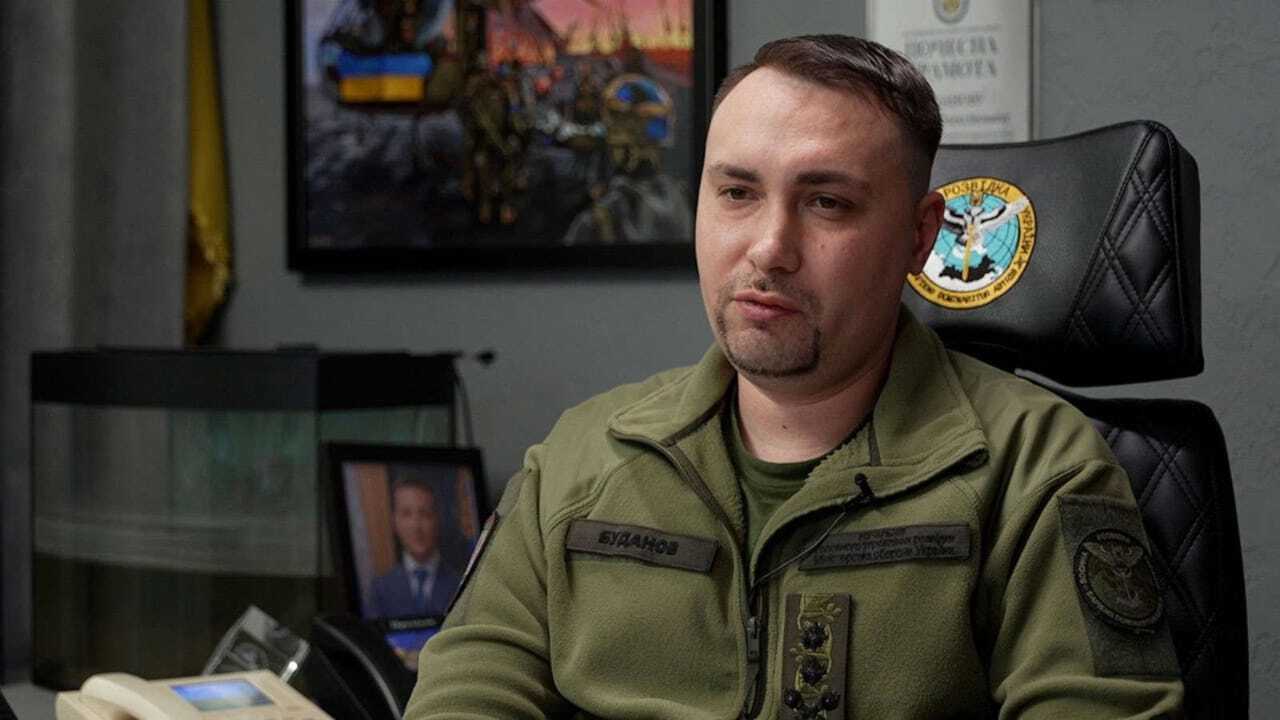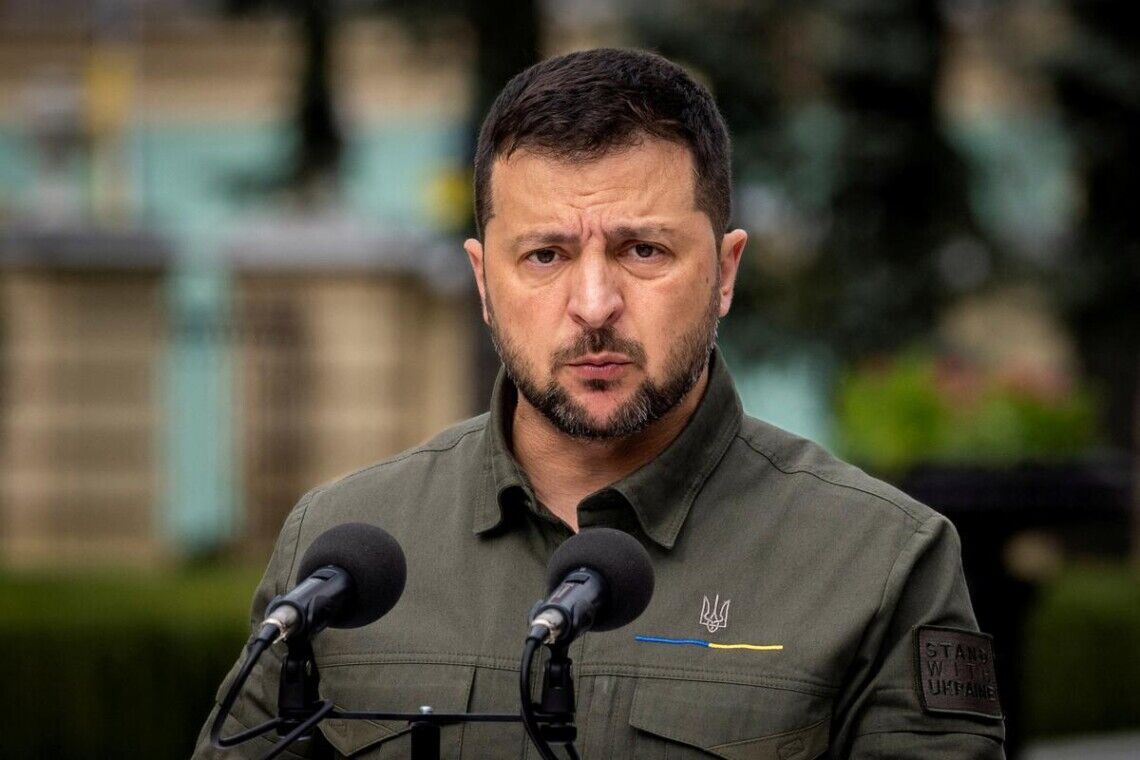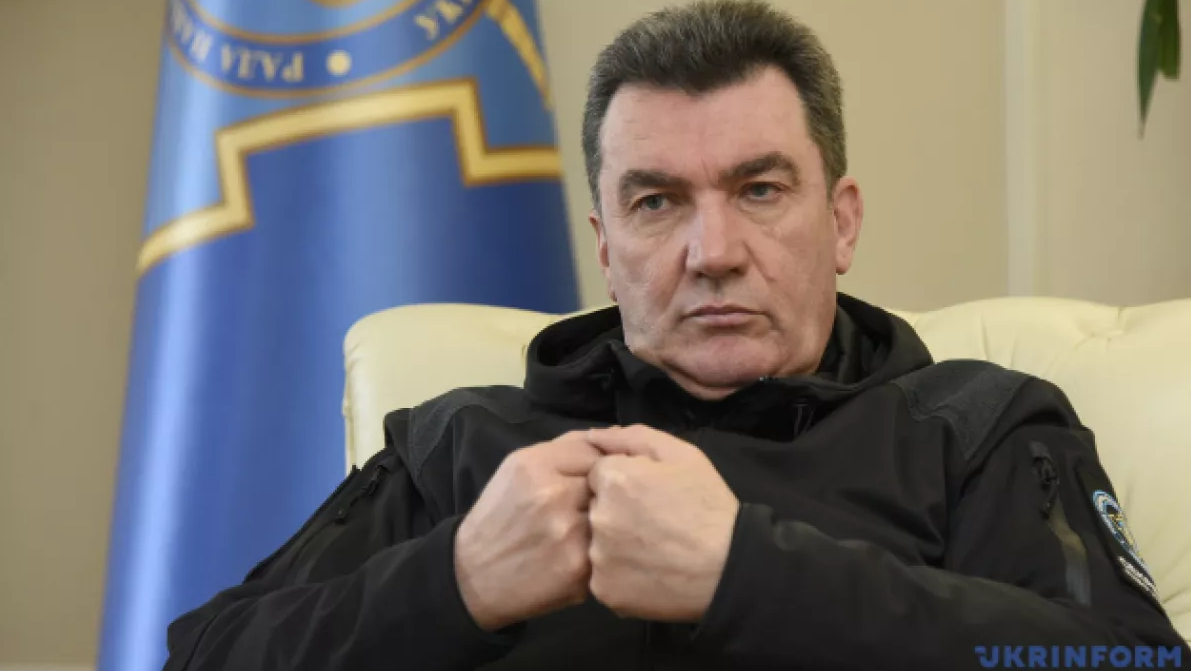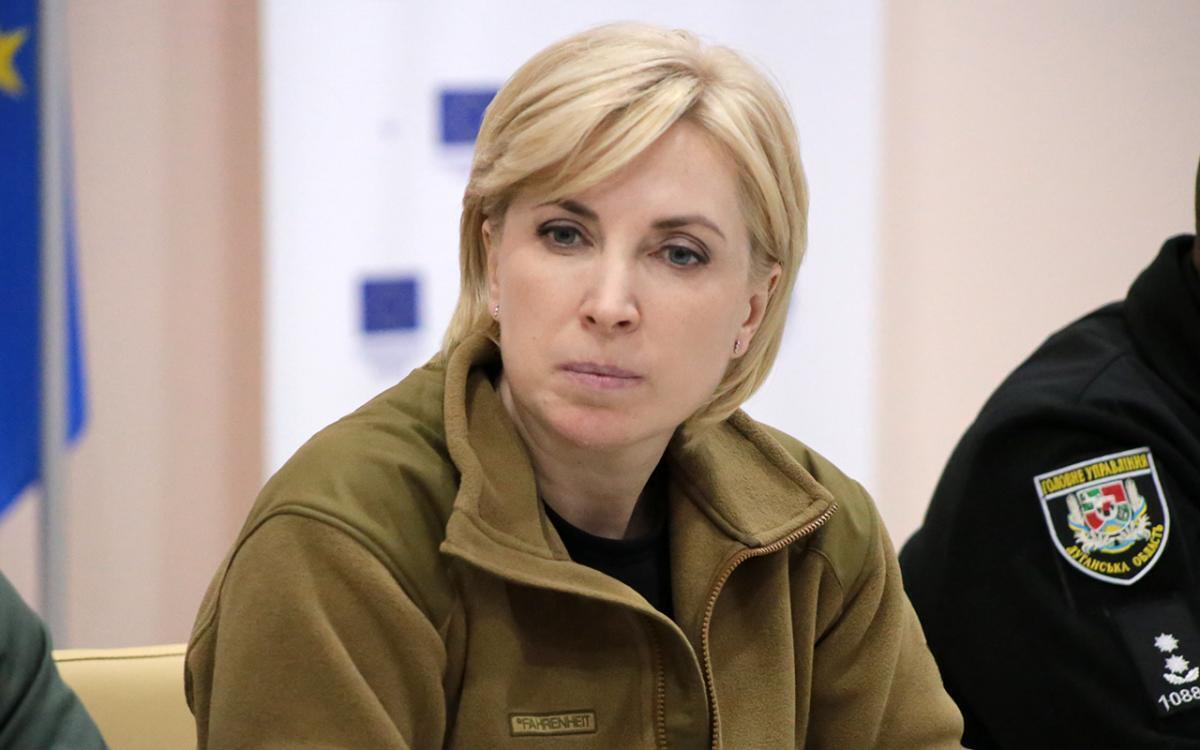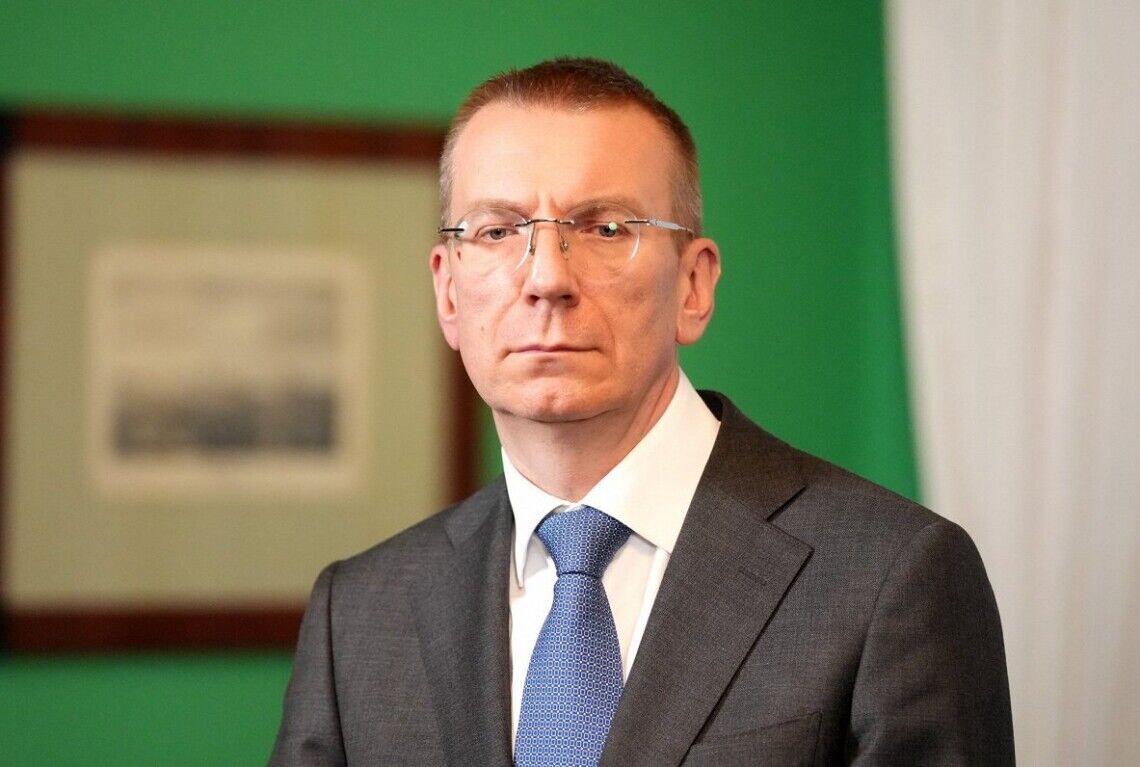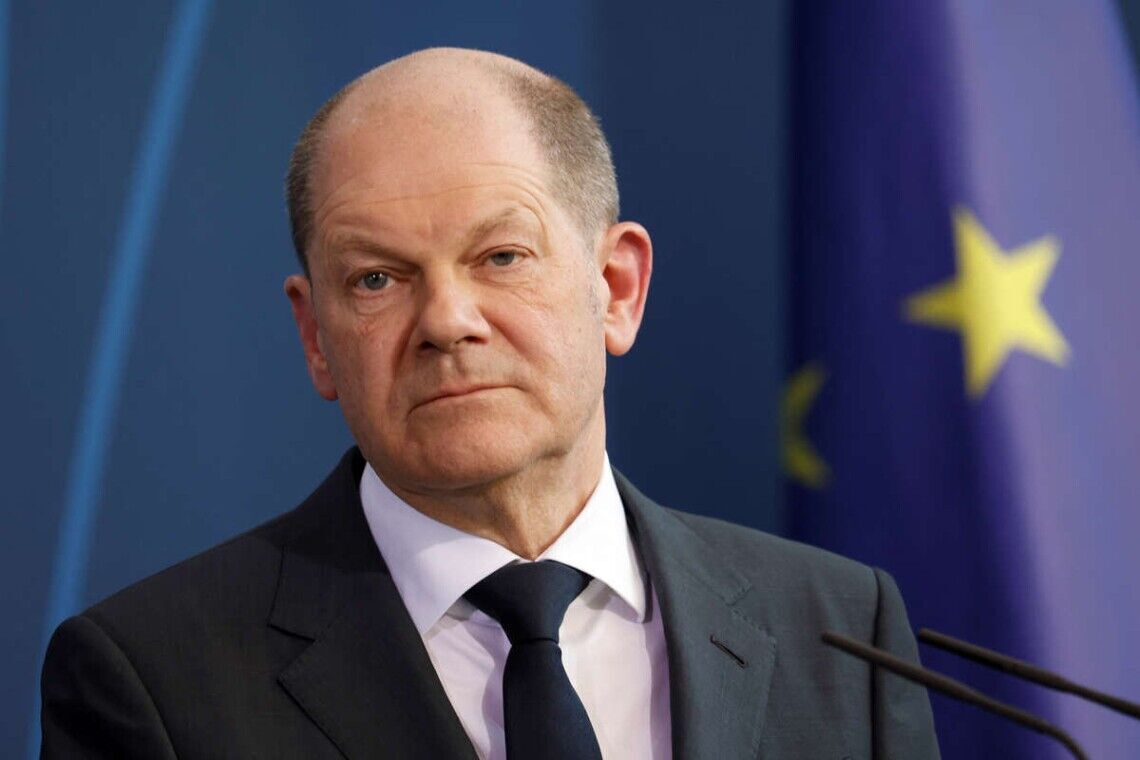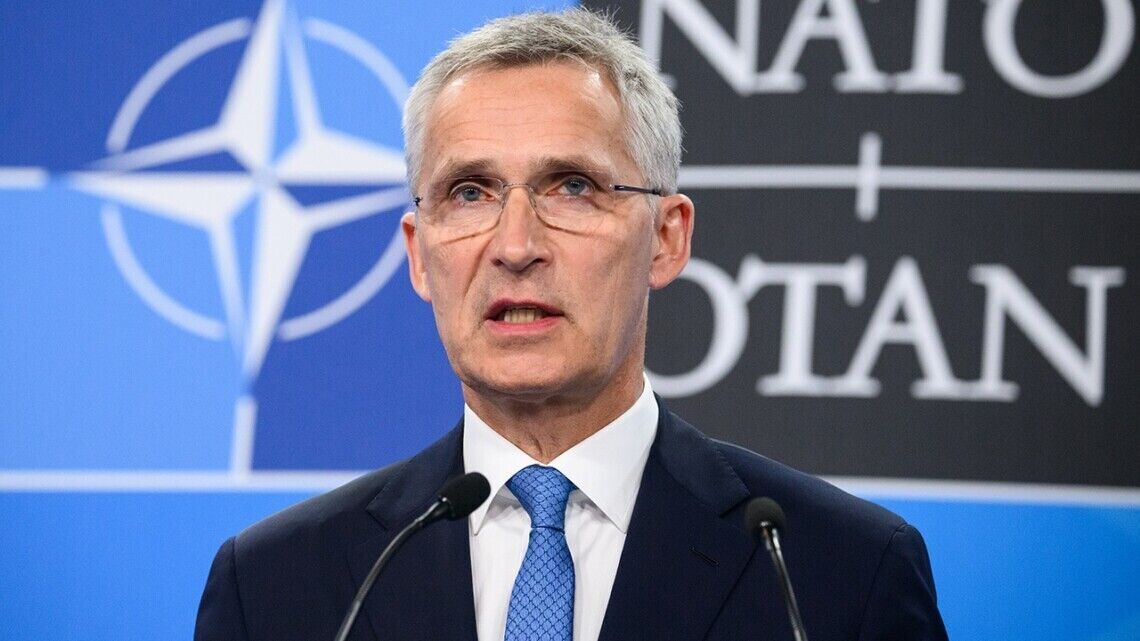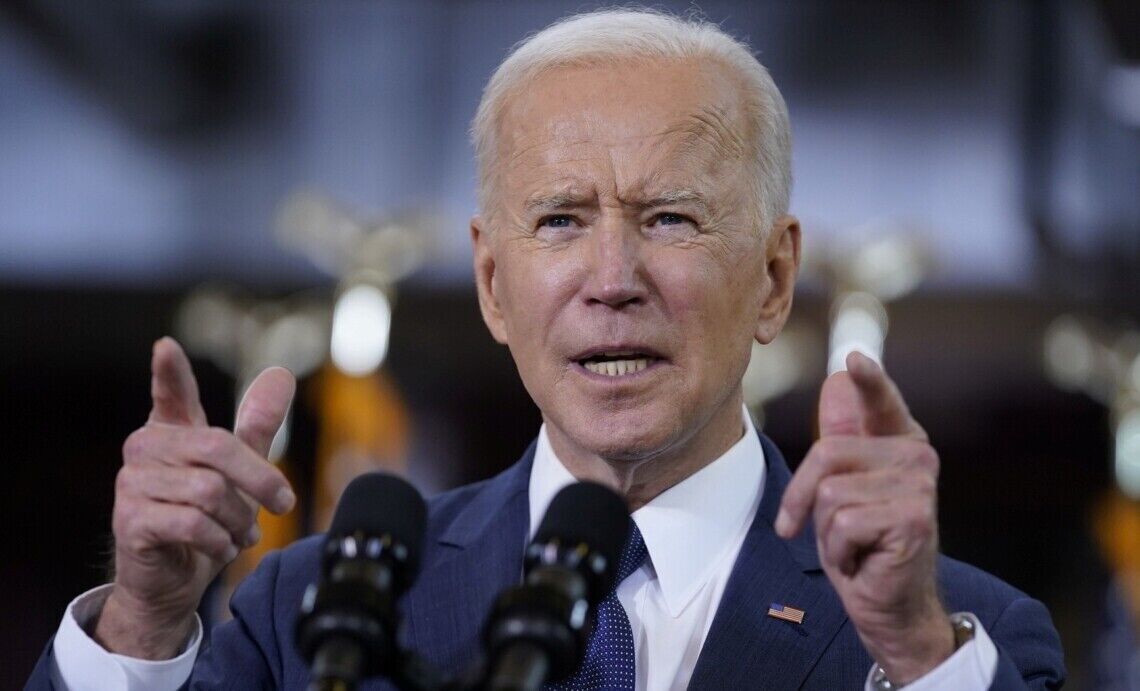War in Ukraine
Can 2024 be the year of Ukraine's victory in the war with Russia and what military, politicians and experts say
February 2024 marks the second anniversary of Russia's full-scale invasion of Ukraine and the tenth anniversary of the Kremlin's hybrid war against our country, which was accompanied by the forced annexation of Crimea and the de facto occupation of part of Donbas. Over the years, Russia has destroyed hundreds of Ukrainian towns and villages, killed tens of thousands of Ukrainians, maimed hundreds of thousands and deprived millions of our compatriots of their homes. However, despite its enormous superiority in manpower, equipment, weapons and finances, it has not been able to break the resistance of the Ukrainian people.
Both Ukraine and the West, which supported our country in the bloody struggle against the aggressor, are waiting for the triumph of justice and the victory of the Ukrainian people over the occupiers. OBOZ.UA has collected the opinions of representatives of the country's military and political leadership, Western leaders, and experts on whether 2024 could become the year of Victory for our country.
The war in 2024: opinions of the military
Commander-in-Chief of the Armed Forces of Ukraine Valerii Zaluzhnyi usually does not give specifics about the possible duration of the war with Russia.
However, in early November, The Economist published a thorough article with the general's comments and an essay in which Zaluzhnyi fully outlined his vision of the current situation on the battlefield, the key risks Ukraine is facing, and the steps needed to avoid a stalemate.
Zaluzhnyi is convinced that for a number of both objective and subjective reasons, the war is turning into a positional form, which will be very difficult to overcome. This plays into Russia's hands as the aggressor will be able to restore and increase its military power. Moreover, a positional war can last for years, exhausting Ukraine.
"We have reached a level of technology development that leads us to a dead end. There will most likely not be a deep and beautiful breakthrough," Zaluzhnyi said.
He added that Ukraine now needs a "huge technological leap" like the Chinese invention of gunpowder.
To break the deadlock, Zaluzhnyi believes that Ukraine needs to gain air superiority, provide more powerful electronic and anti-battery capabilities, obtain new demining technologies, and ensure the ability to mobilize and train more reserves. It is also crucial to modernize command and control and rationalize logistics.
Kyrylo Budanov, Chief of the Defence Intelligence of Ukraine, also expressed his vision of what 2024 will look like for Ukraine in terms of war. He predicted key risks for our country, primarily in the rear. On the battlefield, the Chief Intelligence Officer does not expect any surprises, while in the rear, there is a growing threat of disappointment due to excessive hopes for someone's help.
The course of offensive operations, Budanov believes, will largely depend on the motivation of Ukrainians because "an unmotivated person will not attack." If a way to motivate people is not found, Ukraine will be forced to take up a stalemate defense.
"To be on the defense in an open conventional war with Russia is a creeping loss for us. Without solving the issue of motivating people, we will not succeed on the battlefield," Budanov emphasized.
He believes that the priorities for 2024 are to increase the efficiency of mobilization and develop Ukraine's own defense industry. After all, the current capacities of the Ukrainian defense industry, together with Western assistance, do not cover even current needs, let alone build up its strength. The main problem of the Ukrainian army today is the lack of ammunition and artillery systems of 122 mm caliber and above. It is this problem that needs to be addressed first.
In 2024, according to Budanov, intelligence will conduct even more precision strikes on enemy territory and scale up its amphibious landing experience. Thus, the DIU chief is convinced, the Russians will feel that the war has already come to them.
As for the duration of the war, Budanov noted that Russia does not plan to fight in 2025, although Moscow may revise its current plans. He himself believes that the war will not be long, with the caveat that it all depends on who defines "long" as "long".
Is Ukraine's victory in the war possible in 2024: what Ukrainian officials think
President of Ukraine Volodymyr Zelenskyy admits that Russia's war against Ukraine could last for a long time. Ukraine, he has repeatedly emphasized, seeks to liberate the entire territory of the state from the Russian occupiers, so it is ready for a long war. The only thing Zelenskyy emphasized was that everything should be done to minimize casualties among Ukrainians, just as Israel does.
However, the chances of ending the war next year are not zero, according to the head of state.
"Will the war end in 2024? I think no one knows the answer. Even those respected people, our commanders or our Western partners. When they say that this war will last many years, they do not know. This is a dialog, these are opinions. Opinions often differ from reality," Zelenskyy said at a press conference on December 19.
The head of state also emphasized that "war, victory, defeat, and stagnation depend on many decisions, many risks."
Secretary of the National Security and Defense Council Oleksii Danilov emphasized that he would like the war to end in 2024 and assured that Ukraine would do everything to make it happen.
However, the official is convinced that many factors affect the duration of the war. For example, Ukraine's Western partners, the extent to which they are willing to help the Ukrainian army with weapons, and how decisive they will be in providing weapons without the fear of "irritating Putin" have an impact on when the fighting will end. According to Danilov, there are still partners who are hesitant to provide Ukraine with certain weapons.
The winner of the Russian-Ukrainian war, Danilov is convinced, will be the one who "is more agile, smarter, and has more will," and according to the NSDC Secretary, Ukrainians are significantly superior to Russians in these "parameters."
Iryna Vereshchuk, Deputy Prime Minister and Minister for Reintegration of the Temporarily Occupied Territories, also predicts a difficult path to victory for Ukraine. She urged Ukrainians to prepare "for a long and difficult war" and not to expect the fighting to end "in a few weeks or by next spring."
Ukraine at war: how the West assesses the chances of the war ending in 2024
Western leaders and officials are also increasingly inclined to believe that the war in Ukraine will not end soon.
In November, Latvian President Edgars Rinkēvičs told AP that Russia's plans for a "blitzkrieg" in Ukraine had failed, so Moscow had changed its tactics and was now trying to exhaust both Ukraine and the West. Therefore, Rinkēvičs is convinced that the European Union and NATO should support Ukraine in every way possible and be prepared to do so for a long time.
"Keep supplying weapons. It is important to actually fight for international peace and peace in Europe because if we stop Russia in Ukraine, Russia will not be able to invade other countries," the Latvian president emphasized.
German Chancellor Olaf Scholz does not expect the Russian-Ukrainian war to end soon either.
"We have to be prepared for the fact that the war can last for a very long time," he said at a Bundeswehr conference in Berlin on November 10.
However, Scholz warned against excessive pessimism because Ukraine's victory is unlikely to be in the near future. He reminded that the war has already been going on for much longer than Russia expected. Therefore, the task of the allies is not to give up and continue to support Ukraine.
"We will remain committed, we will keep our word and continue to support Ukraine for as long as it takes. We have left no doubt about that," Scholz emphasized.
NATO Secretary-General Jens Stoltenberg also spoke about the need to prepare for a long war.
"We must be prepared for the long haul. Wars are unpredictable by nature," the head of the North Atlantic Alliance insisted in November.
Stoltenberg also said that only military support can guarantee that Ukraine will remain a sovereign and democratic state and that this is the only way to convince Russian President Vladimir Putin that he cannot win on the battlefield.
Earlier, the NATO Secretary-General also repeatedly warned that Russia's war against Ukraine would last a long time. In particular, in September of this year, he stated that "most wars last longer than expected when they begin," and that is why the union "must prepare for a long war in Ukraine."
In turn, US President Joe Biden does not believe that the war will last for years. He has expressed doubts that Russia has the resources and capacity to fight for a very long time.
Biden also noted that he believes it is likely that circumstances will arise in which Russian dictator Vladimir Putin will decide that it is not in Russia's economic and political interest to fight.
In general, the West is inclined to predict a prolonged war in Ukraine. For example, The Economist, citing unnamed officials, wrote that the West believes that the war could drag on for another five years. At the moment, even though neither Russia nor Ukraine is ready to make concessions, none of them have the ability to break the deadlock.
Analysts interviewed by CNN believe that it is futile to hope for an end to the war in 2024, and moreover, it is very likely that it will extend into 2025, despite Ukraine's "steady progress" on the frontline. In general, they predict that next year, many factors will influence the further course of the war. In particular, analysts believe that the spring of 2024 will be a potentially important phase: during this period, Ukraine is expected to start using Western F-16 fighters and possibly other weapons that have not yet been used on the battlefield.
How, on what conditions and when the war will end: experts' predictions
Mykhailo Samus, deputy director of the Center for Army, Conversion and Disarmament Studies for International Affairs, is convinced that the de-occupation of the territories of Ukraine captured by Russia by Ukrainian soldiers will depend on how quickly the partners transfer weapons, primarily F-16s and long-range ATACMS missiles. In a commentary to ICTV Facts, Samus also predicts that in 2024, the Ukrainian Defense Forces will achieve decisive success on the battlefield, but the final liberation of Crimea, Donetsk and Luhansk regions may take place in 2025.
Kherson and Zaporizhzhia, he says, have a chance to be liberated earlier. Then, the expert believes, it is possible to start blocking Russia's land and sea communications with the occupied Crimea, which will lead to the exhaustion of the occupation forces. If the occupiers do not leave the occupied territories, Ukraine's ground operation may begin, and, according to Samus, it may take place after 2024.
The Donbas, which borders Russia, will have to be liberated step by step because it will not be possible to block the region and cut off communication and supply of the occupation forces from Russia. Here, Samus says, occupied or "gray" areas may remain in the border area for some time as Russia has the ability to attack Ukrainian troops, including from its territory.
However, according to Samus, even after the complete de-occupation of Ukraine, the war may continue in a different format: in the form of strikes from the territory of the Russian Federation, sabotage, and various destabilizing activities.
Colonel of the Armed Forces of Ukraine, military expert Serhii Hrabskyi believes that even in the best-case scenario for Ukraine, the war will not end before the end of 2024. In general, he believes that the course of the war depends on how the situation in the south changes.
The positive scenario, Hrabskyi argued, involves the Ukrainian Defense Forces reaching the Azov Sea coast and cutting the "land corridor" between Russia and Crimea. This will allow blocking the Russian occupation army.
"Then, during the fall-winter period and early spring months, we will destroy the group and break up the Russian flank," he described further developments on the air of the TV marathon.
It is also possible that in 2024, Ukrainian troops will be able to cut off Russia's main communications in the south, creating the preconditions for a further offensive. However, in this case, the war will extend into 2025.
The worst-case scenario for Ukraine would be if Ukrainian troops remain in the same positions as they are now: in that case, it is hardly worth talking about victory even in 2025.
Earlier, Estonia presented a strategy for Ukraine's victory and named a timeline. The Estonian Defense Ministry is convinced that Russia can be defeated on the battlefield. The military also proposed an action plan to end the war as early as 2026.
Only verified information on our Telegram OBOZ.UA and Viber. Do not fall for fakes!


